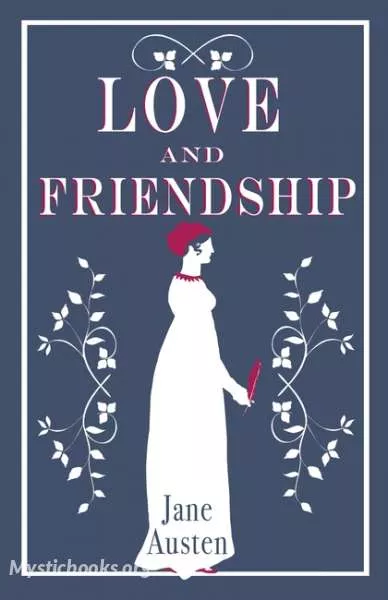
Love and Friendship
by Jane Austen
'Love and Friendship' Summary
Letter The First
From Isabel to Laura
This presents a glimpse into the life of Laura from Isabel's perspective. Isabel asks Laura to tell the "misfortunes and adventures" of her life to Isabel's daughter Marianne (Austen 516). Isabel argues that because Laura is turning 55, she is past the danger of "disagreeable lovers" and "obstinate fathers" (Austen 516). This initial letter sets up the rest of Austen's narrative through Laura's letters to Marianne.
Letter The Second
Laura to Isabel
This consists of a reply from Laura to Isabel. Laura initially disagrees with Isabel's assessment that she is safe from "misfortunes" simply because of her advanced age (Austen 516). Laura agrees to write to Marianne and detail her life experiences to "satisfy the curiosity of Marianne" and to teach her useful lessons (Poplawski 183). The useful lessons are lessons learned from the misfortunes caused by "disagreeable lovers" and "obstinate fathers" (Poplawski 183). Poplawski highlights the importance of the relationship between females and their lovers and also between females and their fathers as a means through which Austen is able to criticise stereotypical female behaviour. As seen throughout the work, these two relationships are constantly criticised by satirical anecdotes. Janetta's relations with her father and with her lover, Capitan M’Kenzie in the twelfth letter, shows Austen mocking the fickleness of family ties and romantic relationships.
Letter The Third
Laura to Marianne
Laura's narrative to Marianne begins in the third letter and continues through to the 15th letter. In the 3rd, Laura gives a brief overview of the origins of her parents, her birth in Spain, and her education in a convent in France. At 18, Laura returns to her parents’ home in Wales. Laura pauses to describe herself at this age. She emphasises her "accomplishments", which in that period would have been things that made a woman a better companion for her future husband (Austen 516). Laura ends the letter by posing the idea that her misfortunes in life “do not make less impression… than they ever did,” but that her accomplishments have begun to fade (Austen 517). The uncertainty of Laura's memory causes Austen's work to resemble a fairy tale in its qualities of ambiguity.
Book Details
Language
EnglishOriginal Language
EnglishPublished In
1790Genre/Category
Tags/Keywords
Authors

Jane Austen
England
Jane Austen was an English novelist known primarily for her six major novels, which interpret, critique and comment upon the British landed gentry at the end of the 18th century. Austen's plots often...
Books by Jane AustenDownload eBooks
Listen/Download Audiobook
Related books
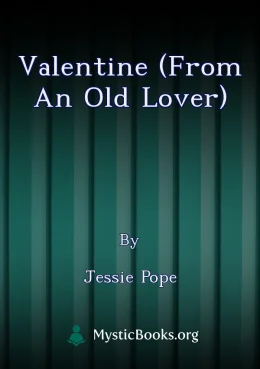
Valentine (From an old Lover) by Jessie Pope
“Valentine (From an Old Lover)” is a poem by Jessie Pope, a notable English poet known for her patriotic works. While this particular poem is from her...
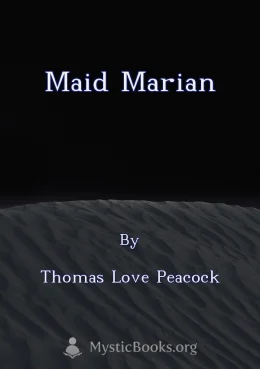
Maid Marian by Thomas Love Peacock
Peacock's *Maid Marian* is a witty and satirical reimagining of the Robin Hood legend, focusing on the romantic intrigue surrounding the titular Maid...
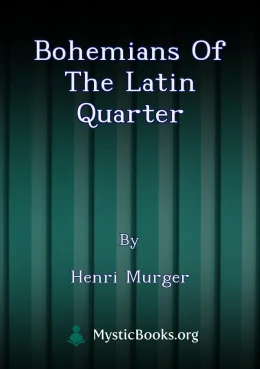
Bohemians of the Latin Quarter by Henri Murger
Set in the vibrant Latin Quarter of 19th-century Paris, *Scènes de la vie de bohème* follows a group of young, struggling artists: Schaunard the compo...
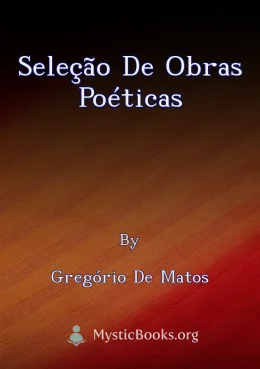
Seleção de Obras Poéticas by Gregório de Matos
A seleção de poemas de Gregório de Matos Guerra, conhecido como Boca do Inferno, oferece um vislumbre profundo do Barroco brasileiro. Seu trabalho ex...
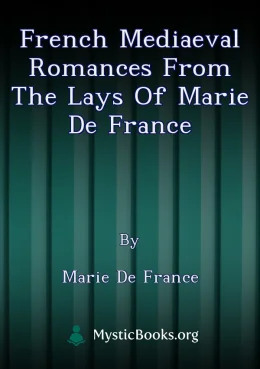
French Mediaeval Romances from the Lays of Marie de France by Marie de France
This book presents a collection of medieval French romances, primarily drawn from the "Lays" of Marie de France. These tales explore themes of love, c...
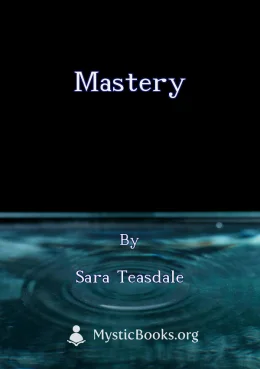
Mastery by Sara Teasdale
'Mastery' is a collection of poems by Sara Teasdale that explore themes of love, beauty, nature, and art. Teasdale's poems are known for their lyrical...

St. George and St. Michael, Volume 1 by George MacDonald
In the quaint village of Marshmallows, where folklore and reality intertwine, a long-standing feud between two families shrouds the land in enigmatic...
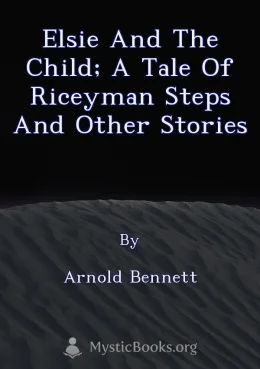
Elsie And The Child; A Tale Of Riceyman Steps And Other Stories by Arnold Bennett
This collection of thirteen short stories by Arnold Bennett, a prominent writer of the early 20th century, delves into the lives and struggles of ordi...
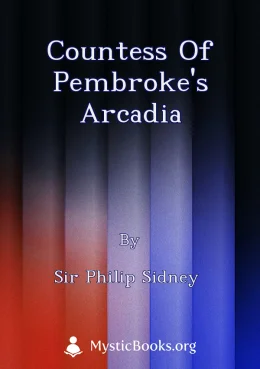
Countess of Pembroke's Arcadia by Sir Philip Sidney
Sir Philip Sidney's *Arcadia* is a sprawling Renaissance prose romance that transports readers to a world of idealized chivalry and adventure. Set in...
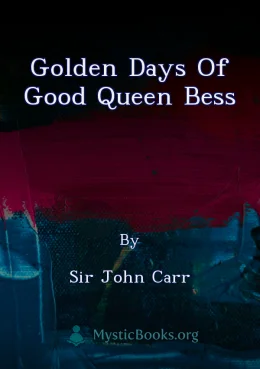
Golden Days of Good Queen Bess by Sir John Carr
Sir John Carr's "Golden Days of Good Queen Bess" is a satirical poem that playfully explores the reign of Queen Elizabeth I. Through witty verses, Car...
Reviews for Love and Friendship
No reviews posted or approved, yet...